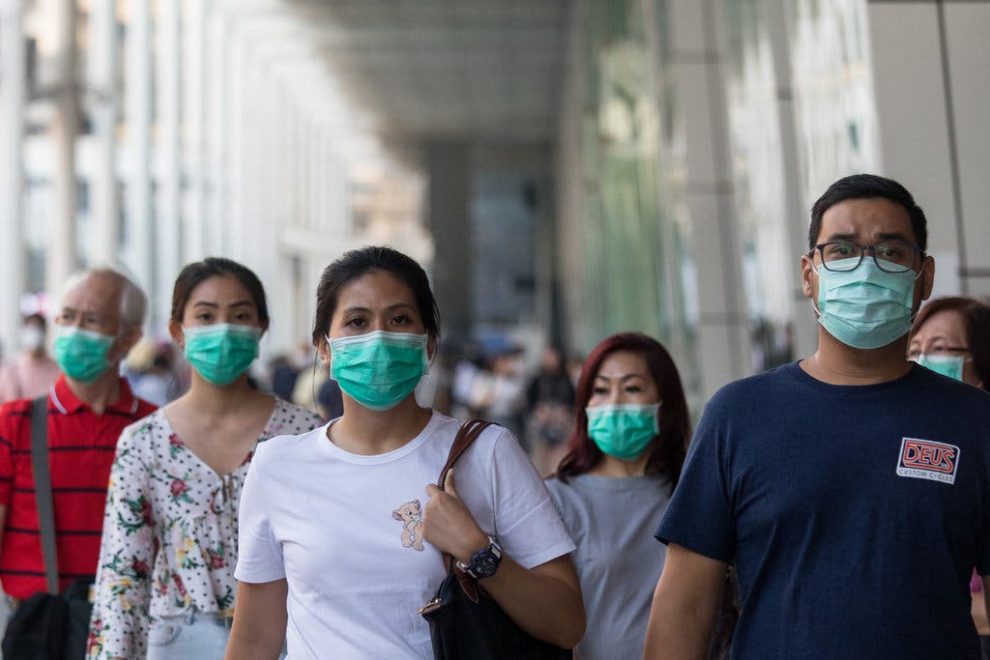In March of 2020 Blind Brook Students were told to take home 2 weeks worth of books and supplies. Over a year and a half later, the world is still continuing to search for normalcy since the pandemic started. People were forced to slow down which some might say they enjoyed. This was a time for people to come together and unite, despite differences in views. But the world has become more divided than ever due to COVID-19: fighting variants, searching for treatments, hoping that everyone, including young children, will have the ability to be vaccinated if they choose to do so.
Blind Brook has made a lot of progress since students returned to school after months of quarantine. In the 2020-2021 school year, they went to school for two days a week, and remote for two days each week. Although it was upsetting to some that classes were split into two cohorts, having small class sizes in person gave them a chance to be more engaged in learning.
The pandemic took a toll on many kids’ mental and physical health. Many chose to go to school online full time because they felt unsafe at school, but as a result, they were struggling with virtual learning. Finally in April, the school allowed all Blind Brook students to return to school together. They ended off the year more normally, hoping the following year would resemble life before the pandemic.
This school year has been similar to pre-covid school years. If people are exposed to others with COVID but are fully vaccinated, they don’t have to be quarantined, which is a relief for many. Students can once again participate in extracurricular activities; the athletics program is back up and running, and so are many clubs, which give students the opportunity to socialize and explore areas of interest. Although these activities have resumed, the school has taken safety measures to reduce the spread of the virus. Students and staff are required to wear masks at all times when inside.
How do we know if being double vaccinated is enough? With the delta variant, even being double vaccinated isn’t a fool proof way to prevent the spread of COVID. It is clear to most that many will need a booster shot in order to fight this very contagious virus. As of now, people who are 65 and older, have underlying medical conditions, live in long term care facilities, or work in high risk facilities are eligible for the Pfizer-BioNtech or Moderna booster. In order to become eligible for the Johnson and Johnson’s Janssen booster, it is required that you are 18 years or older and have had the first dose at least two months prior.
Although this is true, the question still remains of when young children will become eligible to receive their first dose. On October 26, a panel of scientists met and agreed that for the 5-11 age group, the benefits outweigh the risk. The next step is for the FDA to consider extending emergency use authorization which will allow children in this age group to receive their first dose. When this is approved for children, it potentially will bring us one step closer toward living our pre-covid lives.







